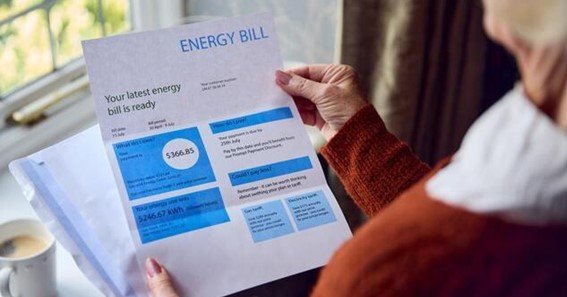Installing a heat pump is an energy-efficient way to heat and cool your home, but many homeowners wonder: How much will a heat pump increase my electric bill? The answer varies depending on factors like climate, usage, and the type of system installed. Although a heat pump will increase your electricity usage, it typically reduces the need for other, more expensive heating fuels, ultimately offering long-term savings.
How Much Will a Heat Pump Raise My Electric Bill?
The increase in your electric bill depends on the type of heat pump, the size of your home, and your climate. On average, a heat pump can raise your electricity bill by $50 to $100 per month for daily use. However, this increase is often offset by significant savings in other areas, particularly in homes that previously relied on oil, propane, or electric resistance heating.
For instance, a family using oil for heating could save hundreds of dollars annually by switching to a heat pump, as the system reduces oil consumption by about 300 gallons per year. This translates to substantial savings on fuel costs, which may outweigh the modest increase in electricity usage.
Factors That Affect Your Electric Bill
- Climate: In colder regions, a heat pump may need to work harder during winter, leading to higher electricity usage. However, in milder climates, the system runs more efficiently, using less energy.
- System Efficiency: The SEER (Seasonal Energy Efficiency Ratio) and HSPF (Heating Seasonal Performance Factor) ratings are critical indicators of how efficiently a heat pump uses electricity. Higher SEER and HSPF ratings translate to lower electricity usage.
- Size of the Home: Larger homes require more energy to heat and cool, which affects the overall increase in electricity costs. A properly sized heat pump ensures optimal performance without excessive energy consumption.
Tips for Reducing Electric Costs with a Heat Pump
- Optimize Temperature Settings: Adjusting your thermostat by just a few degrees can make a big difference in electricity usage. Use programmable thermostats to manage energy consumption efficiently.
- Maintain Proper Insulation: Ensuring your home is well-insulated reduces the amount of work your heat pump has to do, helping to keep electric bills low.
- Pair with Solar Power: Combining a heat pump with solar panels can significantly reduce electricity costs, especially during sunny months.
FAQ
- How much will a heat pump raise my electric bill?
On average, using a heat pump daily can increase your bill by $50 to $100 per month, depending on usage and climate. - Is a heat pump cheaper than traditional heating systems?
Yes, heat pumps are generally more efficient, especially compared to electric resistance heating or oil heating systems. They can reduce fuel costs while slightly increasing electricity usage. - Can a heat pump save me money in the long run?
Yes, despite the initial increase in electricity costs, heat pumps typically save homeowners 20-50% on heating and cooling expenses over time. - Does climate affect how much electricity a heat pump uses?
Yes, in colder climates, heat pumps work harder during winter, which can lead to higher electric bills. In milder climates, they operate more efficiently. - How do SEER and HSPF ratings impact energy use?
Higher SEER and HSPF ratings mean better efficiency. A heat pump with a higher rating will use less electricity to provide the same amount of heating or cooling, helping to lower your electric bill.
In conclusion, while a heat pump will increase your electric bill, the overall efficiency of the system and its ability to reduce other heating costs make it a smart investment for many homeowners. Proper insulation, energy-efficient models, and mindful usage can help keep costs in check while enjoying the benefits of a heat pump.










